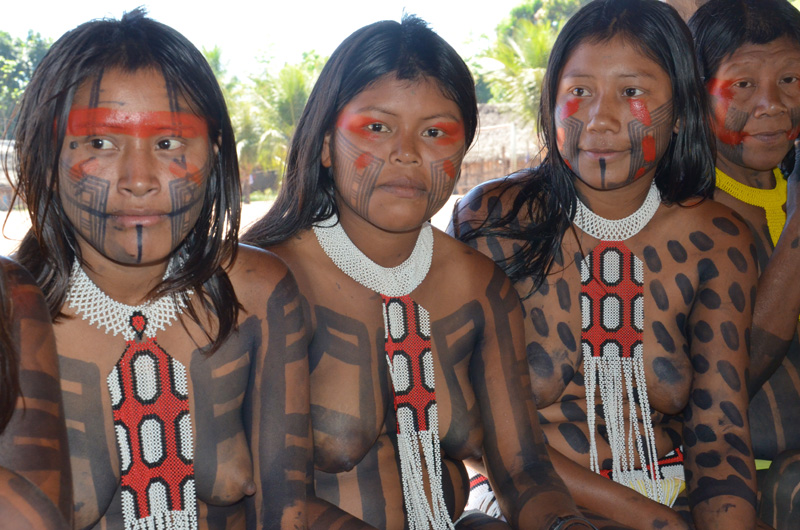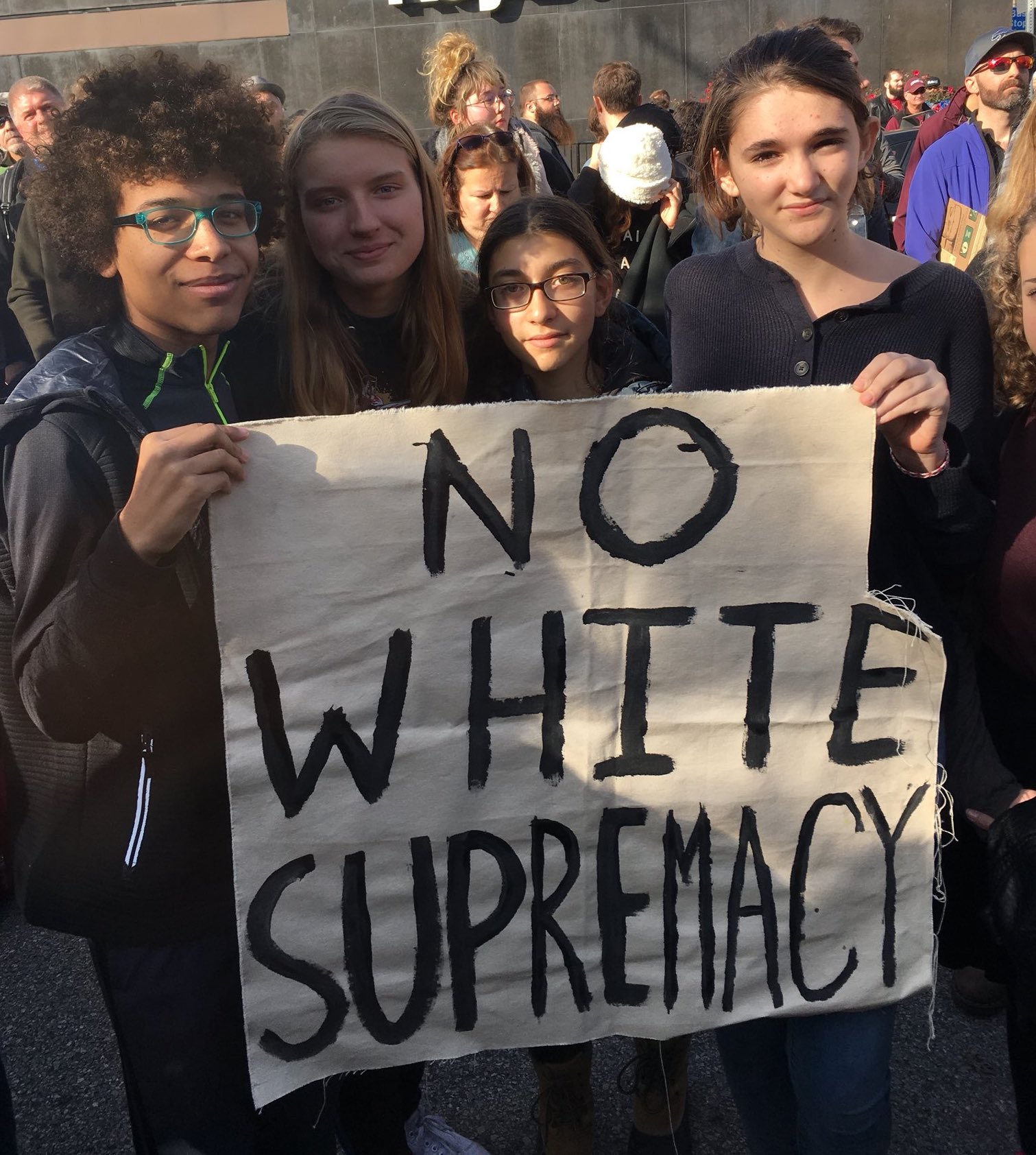New Caledonia voters reject independence —for now
In an independence referendum that drew record numbers to the polls, voters in the South Pacific archipelago of New Caledonia voted 56 to 44 percent to remain a French territory. The referendum was the fruit of a 1988 peace accord with the armed Kanak Socialist National Liberation Front (FLNKS). However, the referendum was repeatedly postponed amid controversies over whether only native residents or also French colonists and their descendants would get to vote. Under terms of the 1998 Noumea Accord, only French colonists and descendants already in the territory by that point would be eligible. The indigenous Kanaks now represent only 40% of the territory's population. However, the future of the archipelago is still uncertain. French law allows for a possible second or third vote if the first goes against independence. (Photo: NurPhoto/Getty via SBS News)




